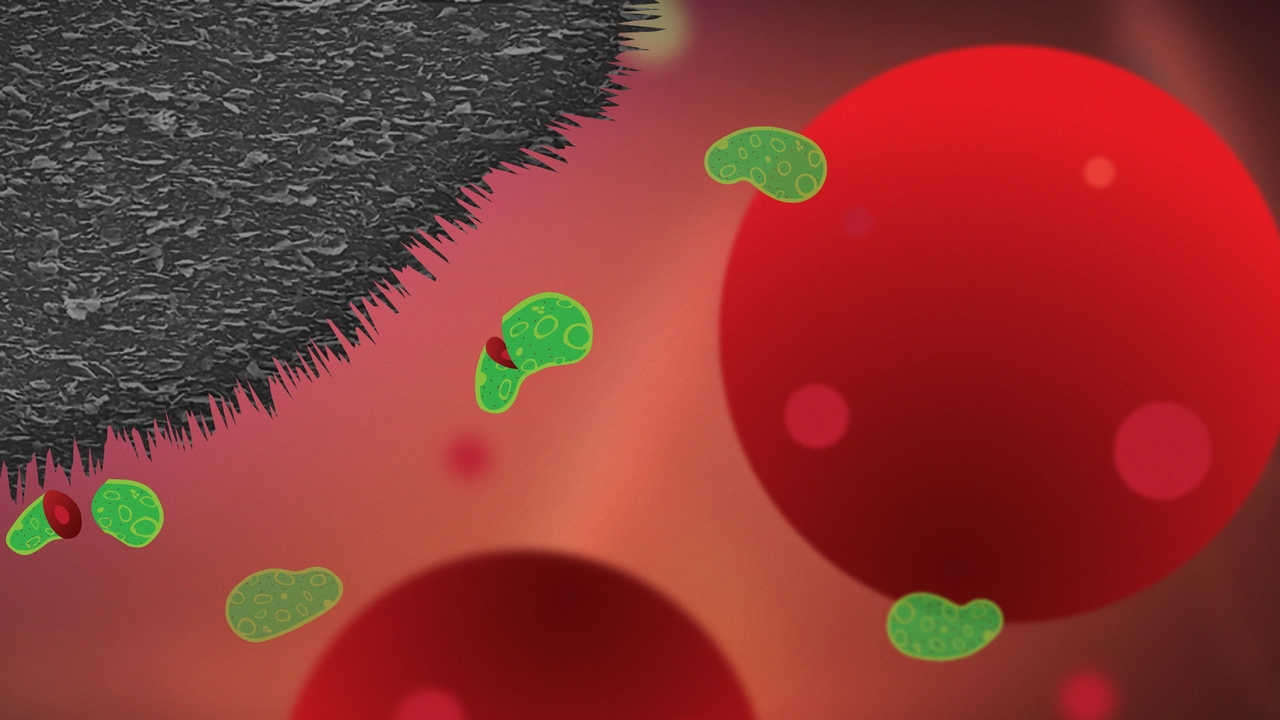Infection Prevention Tips: Simple Steps You Can Use Today
You don’t need medical training to cut your risk of catching or spreading infections. Small habits—done the right way—make a big difference. Read this for clear, useful steps you can start using now.
Everyday habits that stop germs
Wash your hands well and often. Use soap and water, scrub for 20 seconds (sing Happy Birthday twice), rinse, and dry. If you can’t wash, use alcohol hand sanitizer with at least 60–70% alcohol. Clean hands at key times: before eating, after using the toilet, after coughing or sneezing, and after touching shared surfaces.
Wear a mask in crowded indoor places or if you’re around people at high risk. A well-fitting surgical mask or a respirator (like N95) blocks more particles. Masks are most useful in poorly ventilated spaces or when infection rates are high.
Keep rooms ventilated. Open windows for a few minutes every hour or use a fan to move air. If you spend lots of time indoors, consider an air purifier with a HEPA filter. Better airflow lowers the viral load in the air.
Cover coughs and sneezes with your elbow, not your hands. Disposable tissues are fine—throw them away and clean your hands right after. This prevents germs from spreading to everything you touch.
Practical cleaning, food, wounds and when to seek help
Clean high-touch surfaces daily: door handles, light switches, phone screens, and faucets. For routine cleaning, soap and water work. For disinfection after illness, use a household disinfectant and follow the label for contact time. For bleach solutions, mix 1 tablespoon of bleach per 1 quart (1 liter) of water and use safely with ventilation.
Handle food safely. Cook meats to the right temperature, store leftovers in the fridge within two hours, and avoid cross-contamination between raw and ready-to-eat foods. Foodborne infections are avoidable with simple steps.
For cuts and scrapes: rinse with clean water, apply an antiseptic if available, and cover with a sterile dressing. Change dressings if they get wet or dirty. See a clinician if the wound is deep, won’t stop bleeding, or shows redness, swelling, warmth, or pus.
Don’t use antibiotics without a prescription. Misusing antibiotics drives resistance and makes future infections harder to treat. If you’re unsure whether you need antibiotics, ask your doctor or pharmacist.
When should you get professional help? If you have high fever, trouble breathing, severe pain, confusion, or symptoms that rapidly worsen, contact a healthcare provider. Your local pharmacist can also advise on vaccines, over-the-counter care, and when to see a doctor. They can help with flu shots, COVID boosters, and other vaccines that lower your infection risk.
Pick two changes to start this week—better handwashing and opening a window more often. Small, consistent steps protect you and the people around you.
Preventing and Managing Bacterial Infections: Tips for a Healthier Lifestyle
So, folks, I've been digging into how to dodge those pesky bacterial infections and manage the ones that still manage to sneak in. Turns out, it's much like a game of Pac-Man, where we're the little yellow guy trying to evade the ghosts of bacteria. Mighty hand hygiene is our super power pellet, helping us avoid these microscopic menaces! Eating well, getting plenty of sleep, and keeping hydrated is the equivalent of collecting those extra points. And if you do get hit with an infection, don't panic! There are antibiotics – they're our extra lives! The bottom line? Staying healthy isn't as hard as level 256 of Pac-Man, promise!






